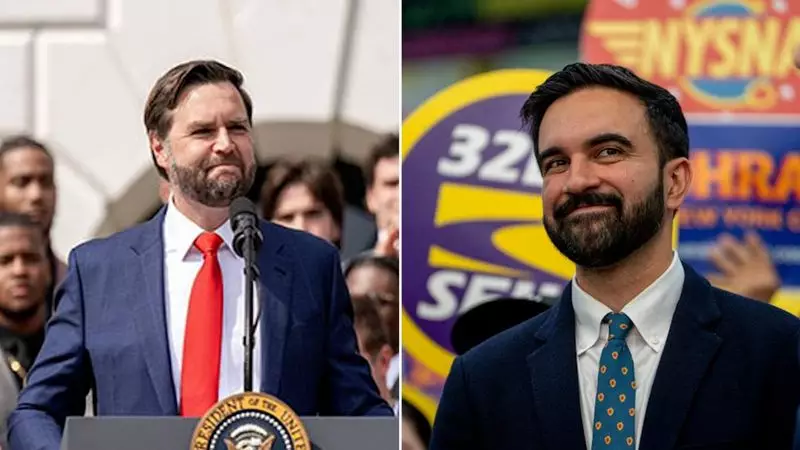
In a fiery political exchange that has captured national attention, US Senator JD Vance has strongly responded to comments made by New York Assemblyman Zohran Mamdani regarding Vance's aunt and her experience wearing hijab in post-9/11 America.
The Controversial Remarks
The political firestorm began when Assemblyman Mamdani, during a recent public discussion, referenced Senator Vance's aunt and her alleged feelings of insecurity while wearing traditional Muslim headscarves following the September 11 terrorist attacks. Mamdani's comments suggested that the senator's relative had experienced significant safety concerns due to her religious attire in the aftermath of the tragic events.
Vance's Forceful Response
Senator Vance, known for his direct communication style, didn't mince words in his rebuttal. The Ohio Republican characterized Mamdani's statements as inappropriate political maneuvering that exploited personal family matters for ideological purposes. Vance emphasized that his aunt, like many Americans affected by 9/11, deserved respect rather than becoming a political talking point.
Broader Implications
This exchange highlights several ongoing debates in American politics:
- The intersection of religious freedom and national security concerns
- The appropriate boundaries in political discourse regarding personal experiences
- The ongoing political polarization around issues of immigration and religious expression
- The representation of Muslim-American experiences in political narratives
Political Context
The controversy emerges against a backdrop of increasing political tension around issues of religious expression and security. Mamdani, as a progressive Democratic politician, and Vance, as a prominent Republican figure, represent opposing viewpoints in this ongoing national conversation about the balance between religious freedom and security concerns.
The exchange underscores how personal stories continue to become political flashpoints in America's increasingly divided political landscape. Both politicians have doubled down on their positions, suggesting this debate will likely continue to resonate in political discussions about religious freedom and national identity.





